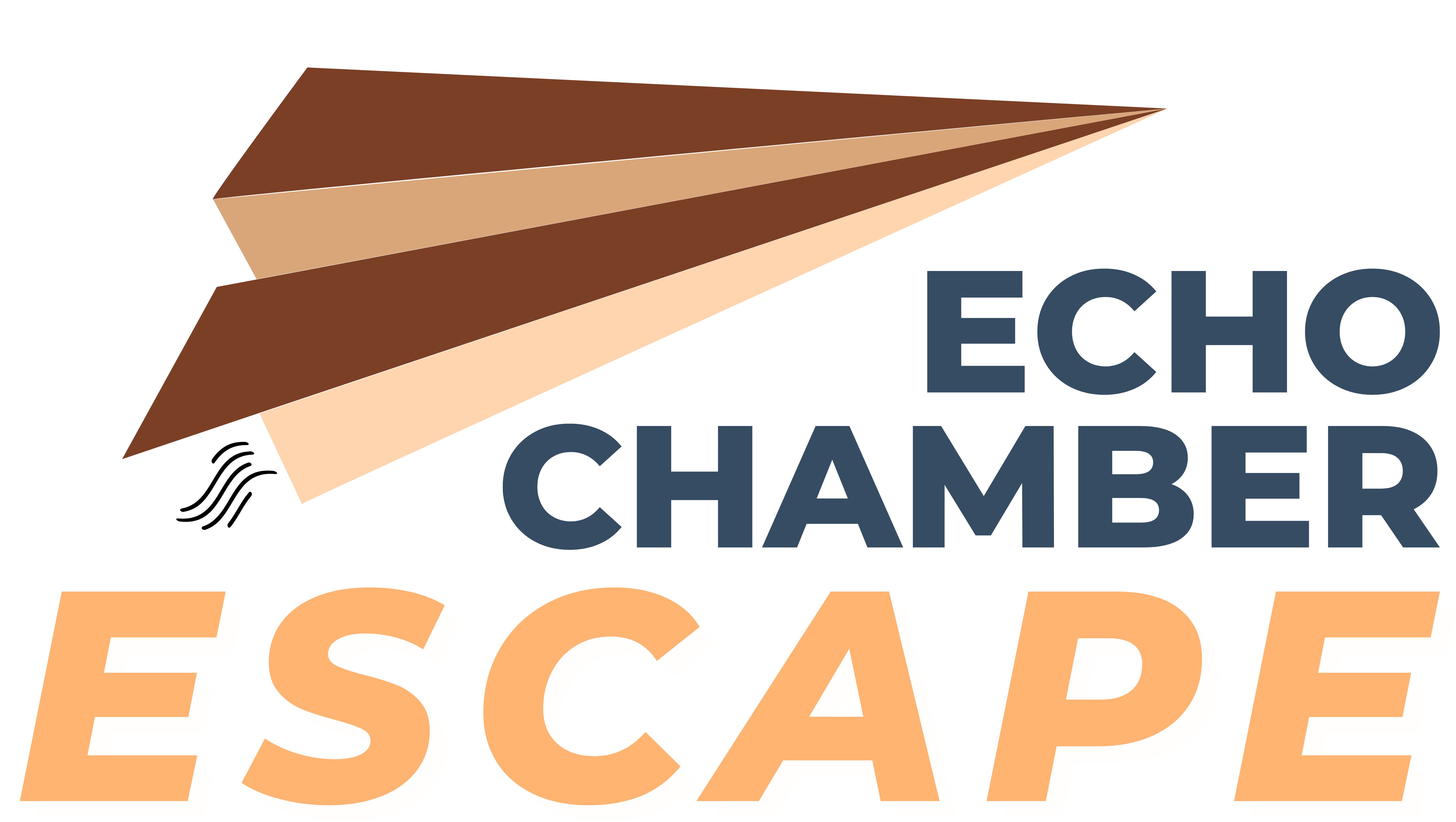Kirsten Banks fell in love with the night sky from an early age and has been investigating everything there is to know about it ever since – including how Aboriginal Australians viewed and used what they saw when they ‘looked up’.
We spoke to Kirsten about her passions, why Aboriginal astronomy is valuable, and how we’re leveraging it in Australia.
- What is Aboriginal Astronomy? How does it differ to other types of astronomy?
The night sky plays an integral role in the lives of Aboriginal people. Our astronomy teaches us many things about the world around us. While Aboriginal Astronomy is unique in its own way it is similar to other cultural forms of astronomy where the stars and planets are studied and utilised in star stories.
- Why is Aboriginal Astronomy important to study, understand and use?
Huge amounts of Aboriginal culture has been lost and silenced in the course of developing modern Australia, so it is incredibly important to recover this knowledge, a lot of which is written in the stars.
- What makes you passionate about it?
I am incredibly passionate about Aboriginal Astronomy because I love the sky and Universe as an astrophysicist, but it is my Wiradjuri heritage that ties me to the skies.
- What are the benefits of Aboriginal Astronomy?
In my line of work as an astrophysicist and science communicator, it is easy to see that almost everyone is inspired or intrigued by the stars. Respectfully sharing the great astronomical knowledge of Aboriginal people allows for a more culturally accepting society – at least that’s what I aim to do!
- In your opinion, are the benefits leveraged effectively in Australia?
At the moment I think that these benefits are being leveraged. The Australian curriculum has been improved to include Aboriginal Sciences which I think is a fantastic start!
About the expert
Kirsten Banks is an Australian astrophysicist and science communicator of Wiradjuri ancestry, known for her work in promoting mainstream and Aboriginal astronomy. She earned a Bachelor of Science in Physics from the University of New South Wales in 2018, and worked at the Sydney Observatory.


